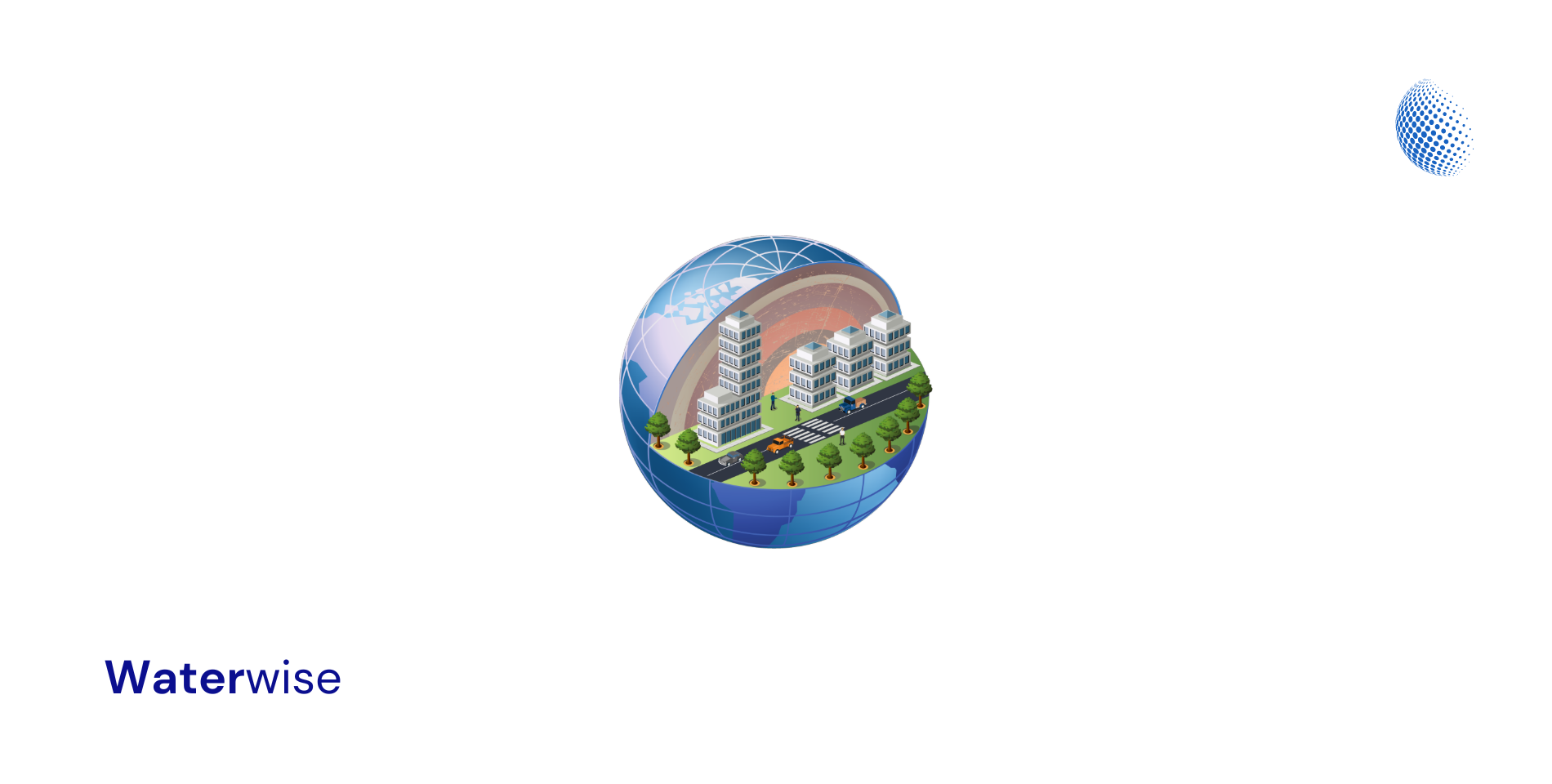In the era of rapid urbanization, water management has become a critical component of urban planning. Designing water-smart cities is not just about engineering and efficiency; it’s about envisioning a future where water is woven into the fabric of urban life. It’s about integrating water management into urban planning in a way that is sustainable, sensible, and sensitive.
Here’s an in-depth exploration of designing water-smart cities, focusing on the principles, practices, possibilities, and the profound impact of integrating water management into urban planning.
Understanding Water-Smart Cities
Water-smart cities are urban areas that recognize water as a vital asset and manage it in a way that ensures sustainability, resilience, equity, and quality of life. They embrace a holistic approach to water management, considering not just supply and treatment but also conservation, distribution, stormwater management, flood resilience, and more.
Principles of Water-Smart Cities
Sustainability
Water-smart cities prioritize the sustainable use of water resources, balancing current needs with future demands, and considering environmental, social, and economic factors.
Resilience
They build resilience against water-related challenges such as drought, flooding, and climate change through adaptive planning, infrastructure, and community engagement.
Integration
Water-smart cities integrate water management with urban planning, considering water in land use, transportation, energy, and other aspects of urban development.
Innovation
They foster innovation in technologies, policies, and practices, embracing new solutions and continuous improvement.
Practices of Water-Smart Cities
Green Infrastructure
Green infrastructure like green roofs, rain gardens, and permeable pavements manage stormwater, reduce flooding, and enhance urban aesthetics.
Water Recycling and Reuse
Water-smart cities promote the recycling and reuse of wastewater for non-potable purposes, reducing demand for fresh water.
Smart Water Networks
They leverage technology for real-time monitoring, control, and optimization of water systems, enhancing efficiency and reliability.
Community Engagement
Water-smart cities engage the community in decision-making, education, and stewardship, fostering a shared sense of responsibility and connection to water.
Possibilities of Water-Smart Cities
Healthier Ecosystems
By managing water wisely, water-smart cities protect and enhance natural ecosystems, supporting biodiversity and ecological balance.
Thriving Economies
They support economic growth by ensuring a reliable water supply for industries, agriculture, and other economic activities.
Enhanced Quality of Life
Water-smart cities enhance the quality of life by providing clean, safe water, reducing flood risks, and creating beautiful, water-sensitive urban landscapes.
Global Leadership
They set an example for other cities and regions, leading the way in water management innovation, collaboration, and sustainability.
Conclusion: A Vision for the Future
Designing water-smart cities is more than a strategy; it’s a story, a symbol, a soul. It’s a story that flows from the fountain to the future, from the possible to the profound. It’s a symbol of our shared values, vision, vitality. It’s a soul that sings with simplicity, sincerity, significance.
It’s a vision that invites us to see water not just as a resource but as a relationship, not just as a challenge but as a choice, not just as a need but as a nourishment. It’s a vision that calls us to create cities that are not just smart but sensitive, not just efficient but empathetic, not just urban but universal.
Designing water-smart cities is about recognizing that water is not just a commodity but a connection, a community, a catalyst for change. It’s about understanding that water management is not just about engineering and efficiency; it’s about equity and empathy, wisdom and well-being.
It’s about embracing a future where water is not just consumed but conserved, not just used but understood, not just a utility but a unity. It’s a future that flows with faith, fairness, fulfillment. It’s a future that begins with us, with our choices, our changes, our commitment to integrating water management into urban planning.
It’s the story of designing water-smart cities, a story that shapes our homes, our hearts, our humanity. It’s a story that starts with integration, a story that never ends.

